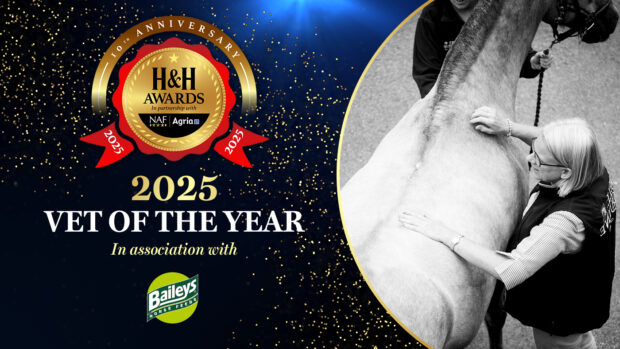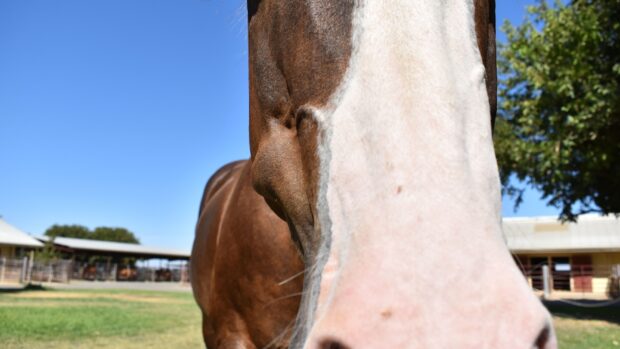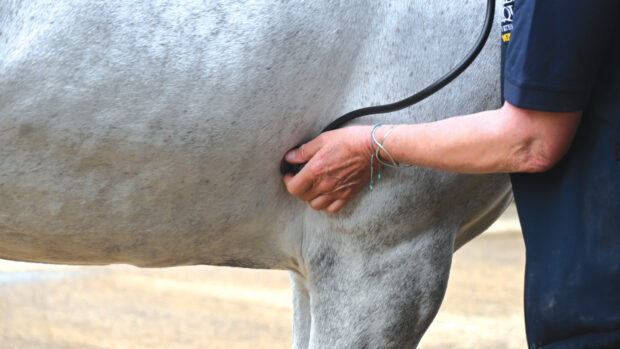A vet has been suspended for eight months after admitting falsifying horse export certificates.
The Royal College of Veterinary Surgeons (RCVS) suspended Takeshi Okano, 32, of Lakeview Veterinary Centre in Deal, Kent, from the register of vets on 15 December.
The disciplinary committee heard that on 23 June 2009, Mr Okano was asked to examine four horses and sign the certificates necessary for their export to the USA.
Mr Okano certified that he had received a written declaration from the owners stating that the animals had been in the UK for 60 days prior to his inspection.
He then signed certificates indicating that the horses had only been in France, Ireland or the UK during the same 60-day period.
But Mr Okano had not received such declarations and had no information of where the horses had been.
He offered no explanation for his actions during the two-day hearing.
Beverley Cottrell, chairman of the disciplinary committee, said: “The validity of any certificate is an integral part of the system relating to the export or import of animals. These provisions are well known to the profession.”
The committee felt Mr Okano’s actions were a serious departure from professional standards, but agreed banning Mr Okano for longer was not necessary in the public interest nor to protect animals.
“Mr Okano is a young veterinary surgeon at the start of his career, who from the outset admitted his actions,” said Mrs Cottrell. “In reaching this decision, we have paid particular regard to the fact the false certification was neither persistent nor concealed, nor was he a senior veterinary surgeon.”
Lakeview Veterinary Centre practice owner David Smith was banned for a year in 2003 after falsely certifying horses as fit to travel to Barbados, Trinidad and Canada in October 2002.
He claimed to have received satisfactory blood test results for the horses, although this was not the case, and was banned by the RCVS.
This news story was first published in Horse & Hound (23 December, 2010)



